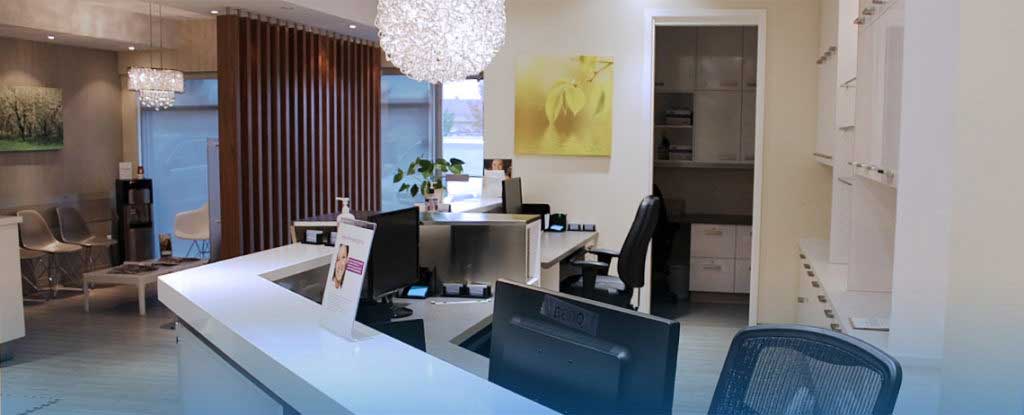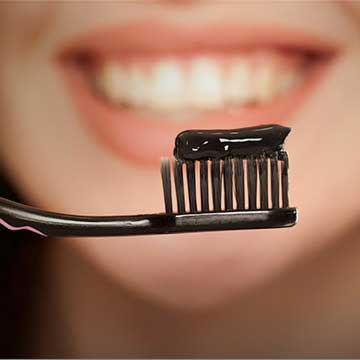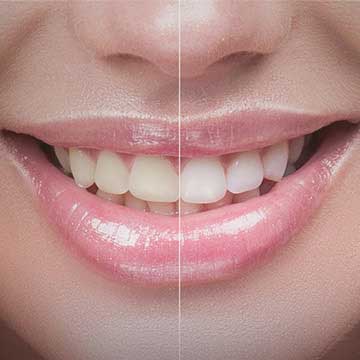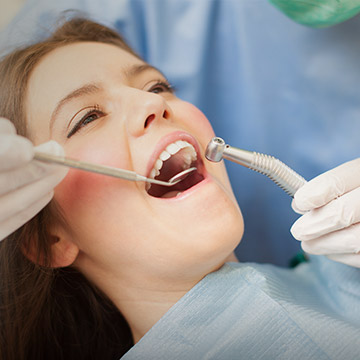We all know the feeling of leaving a dental cleaning appointment with your teeth feeling cleaner than ever. Then, your stomach starts to rumble. Yes, you can eat after a dental cleaning. Even if you have fluoride. The newer formulations of fluoride varnish allow for eating immediately while still being effective.
While there’s often no need to hit pause on your mealtime plans after a routine appointment unless your dentist says otherwise, it’s good to keep a few details in mind to preserve a spotless smile for as long as you can.
What Makes Professional Teeth Cleaning Essential?
Dental cleanings are more than cosmetic upkeep. They’re foundational to maintaining your oral health. Even the most diligent at-home care can’t remove hardened plaque or tartar that builds up over time. Professional dental tools and expertise handle this, protecting your teeth from decay and preventing issues like gum disease.
Skipping cleanings often leads to more serious and costly treatments in the future. During your appointment, your dentist can also spot potential problems early, like cavities or signs of gum inflammation, saving you from potential discomfort or complications down the line.
Regular dental visits also give you the confidence of a brighter, healthier smile, with the added bonus of fresh breath.
What to Expect During Your Cleaning
We totally understand that stepping into the dentist’s chair might raise a few questions, especially if it’s been a while or it’s your first time. Relax—we’ll guide you through what typically happens during a professional cleaning.
While every person is different, and your dental team may adjust cleanings to suit what your family needs, here’s generally what you can expect:
- Initial exam: Your dental hygienist or dentist starts by carefully examining your teeth and gums. They’ll assess areas of concern like cavities, gum health, or signs of tartar build-up.
- Plaque and tartar removal: This is where the magic happens! Using specialized tools, your hygienist will gently remove plaque and tartar that you can’t reach with brushing and flossing alone.
- Polishing: A polish leaves your teeth smooth and feeling immaculate. It also removes surface stains, helping your smile shine a little brighter.
- Final Rinse: A thorough rinse clears away all that loosened debris, leaving your mouth refreshed.
- Fluoride treatment (optional): If recommended, your team can wrap up the cleaning with a fluoride varnish application to strengthen your enamel and offer added protection against cavities.
All the way through, we’re keeping an eye out for any other issues that may affect your dental health, such as gum health. This involves periodontal probing, a gentle procedure using a small plastic instrument to measure the gum pockets around each tooth. By evaluating these pockets, we can identify any areas that may be deeper than normal, which could indicate the presence of gum disease.
Every step of the way, your comfort is our priority. Whether it’s a warm greeting from our team or tools designed for a gentle experience, we make your visit as seamless as possible.

How to Maintain Your Sparkling Results
Your teeth might feel practically brand new after a professional cleaning, but keeping them that way requires a little TLC at home. Here are some useful tips to maintain your dental cleaning results:
- Brush twice daily with fluoride toothpaste and a soft-bristled toothbrush.
- Floss every night to remove hidden plaque between teeth.
- Stay hydrated by drinking plenty of water, which helps neutralize acids and refresh your mouth.
- Limit sugary snacks and drinks to prevent plaque from forming.
- Avoid smoking, as it can stain your teeth and affect your gums.
- Keep up with regular dental checkups and cleanings based on your dentist’s recommendation.
These habits do more than help your teeth look bright. They can also prevent plaque and tartar build-up, contributing to long-term oral health.
How Often Should You Schedule a Cleaning?
The go-to answer for cleanings is every 6 months, but this general rule can vary slightly depending on your dental needs. Your dentist might suggest more frequent visits if you’ve previously experienced gum issues, frequent cavities, or other oral health challenges. Some patients with gum disease or inflamed gums benefit from coming every 3-4 months.
By scheduling cleanings every 6 months, your dentist can detect potential concerns before they escalate. Preventive care allows you to maintain healthy teeth and gums while avoiding lengthy or costly treatments.
Keep Your Smile Healthy & Bright
There’s no better feeling than walking out of a dental office with a confident, refreshed smile—but you don’t have to hold off on that next snack. Regular dental cleanings are a key part of preserving that brightness and supporting your overall oral health. If you’ve been putting off your next appointment, now’s the perfect time to book. At Otara Dental, we understand that oral care is personal. From the moment you walk in, we aim to create an experience that’s relaxing, thorough, and tailored just for you. Book an appointment today and discover how we make dental care something to smile about!









